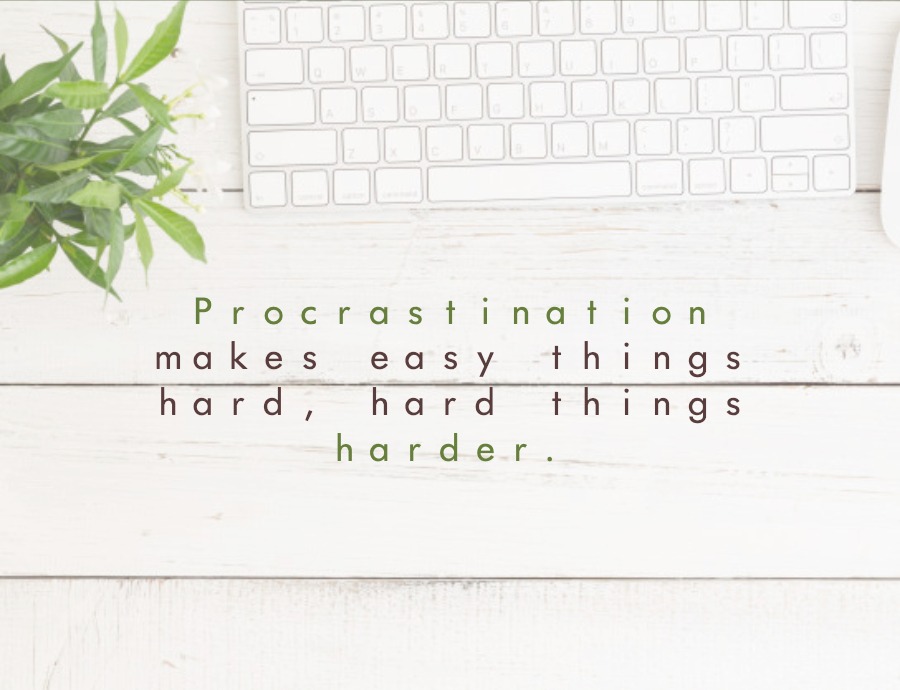In university, you’re bombarded with new stuff: new friends, new activities, new time wasters. It’s hard not to let procrastination get out of control, especially as the semester progresses and the work piles up. Make sure that you manage your time and your tasks, and that you keep an eye on the tasks that are just not getting done. Otherwise, you’ll end up pulling all-nighter after all-nighter, and your grades, social life, and very sense of well-being will suffer.
One way to keep an eye on your tasks, and to make sure that you’re not putting off studying and assignments too late, is to use a productivity or procrastination journal. Here’s how.
The benefit of this system is that it eliminates at least some of the guilt of procrastination, and it helps you track the tasks you’re putting off so that you can, at least eventually, get them done.
One way to keep an eye on your tasks, and to make sure that you’re not putting off studying and assignments too late, is to use a productivity or procrastination journal. Here’s how.
- In the morning, write down daily tasks that you plan to complete. This step will take just a few minutes: think about the day to come, and write down everything that you need to do. This should include everything, all lectures, all assignments and all menial and social tasks such as doing the laundry, emailing friends, etc.
- In the evening, check off the tasks that you’ve finished and write a new list of tasks that weren’t complete. This will help you in two ways: it will help you to see what still needs to be done, and the sense of incompletion (or even shame) of a long incomplete list will propel you to action the next day.
- On the weekend, track the tasks that were put off more than once. At the end of a week, you’ll have a good sense of what you’ve been putting off. Ask yourself why you haven’t been able to get it done. Are you lacking motivation? Are you worried that it’s too hard? Do you not have the appropriate material or textbooks?
- Find a way to get the incomplete tasks done. At least once a week, you should make a plan to tackle those tasks that you’ve put off and put off. Think strategy. Should you find a work or study partner? Should you ask you professor or TA for help? Should you just start it first thing in the morning before you can over-think it?
- Over time, plan more do-able days. As you use the productivity journal day after day, you’ll get a better sense of what you can reasonably get done, so use this information to make more reasonable work plans.
The benefit of this system is that it eliminates at least some of the guilt of procrastination, and it helps you track the tasks you’re putting off so that you can, at least eventually, get them done.








